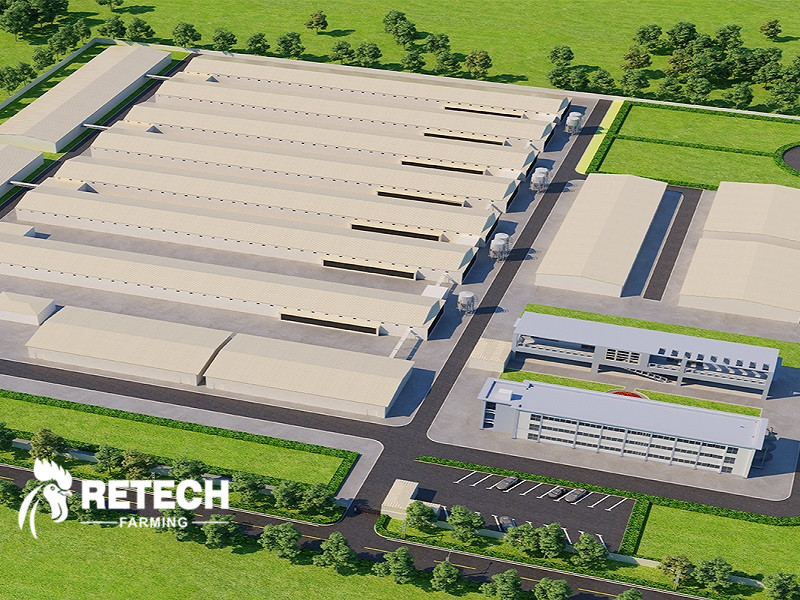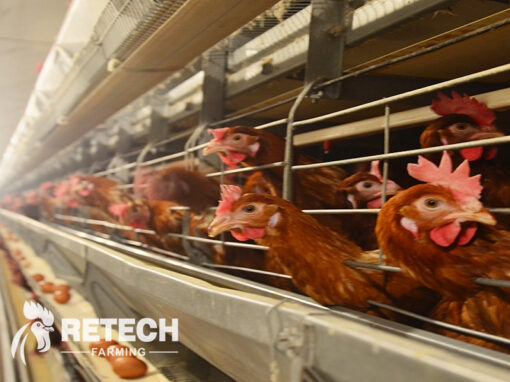Chicken farmers should know the importance of drinking water.
Water directly participates in a series of physiological and biochemical processes such as the digestion and absorption of nutrients, the excretion of metabolites, blood circulation, body temperature regulation, maintaining the balance of body fluids and the shape of various organs.
Water occupies a certain proportion in the blood cells, and the water in the chick is about 70%. Adult chicken is 55%, and eggs contain 50% water. Therefore, water is one of the most important nutrients among various nutrients. When the chickens is dehydrated, there will be circulatory disorders, elevated body temperature, and metabolic disorders, which will cause poor digestion of the feed, and affect the growth and egg production of the chickens.
The test shows that the chicks are deprived of water for 10-12 hours, which will reduce the feed intake and may also affect the weight gain; the laying hens are deprived of water for 24 hours, which can reduce egg production by 30%, and it will take about 25-30 days to restore normal egg production. Therefore, raising chickens cannot cut off water.
Chicken water requirements vary with age, body weight, feed type, feeding method, temperature, and egg production. Generally, the water consumption of 3-4 week old chicks is about 18-20% of body weight, and that of laying hens is 13.6%; the water consumption of chickens fed with dry powder is about 2 times of their feed intake, and it is about 3-4 times in hot summer; Cage chickens or restricted feeding, high temperature, high egg production rate, and generally increased water intake. Generally speaking, the water intake is about 2 times the feed intake.

chicken farm
Water is an indispensable nutrient for chickens and plays a very important role in life activities.
Water directly participates in a series of physiological and biochemical processes such as the digestion and absorption of nutrients, the excretion of metabolites, blood circulation, body temperature regulation, maintaining the balance of body fluids and the shape of various organs.
Water occupies a certain proportion in blood cells, about 70% in chicks, 55% in adults, and 50% in eggs. Therefore, water is one of the most important nutrients among various nutrients.
Chicken water requirements vary with age and weight, feed type, feeding method, air temperature and egg production rate.
Generally, the water consumption of 3 to 4 week old chicks is about 18% to 20% of their body weight, and that of laying hens is 13.6%, which increases to about 3 to 4 times in hot summer. Generally speaking, the water consumption is about 2 times of the feed intake.

automatic chicken feeding system
Chickens must have adequate water supply.
When chickens lack water, there will be circulatory disorders, elevated body temperature, metabolic disorders, poor digestion of feed, and affected chicken growth and egg production; severe water loss can lead to death.
The test shows that the chicks are deprived of water for 10-12 hours, which will reduce the feed intake and may affect the weight gain; the laying hens deprived of water for 24 hours can reduce the egg production by 30%, and it will take about 25-30 days to restore the normal egg production.
Therefore, raising chickens cannot cut off water.
In daily management, attention should be paid to carefully observe the water intake of chickens, analyze the original teeth, and take measures as soon as possible.
For example, when the disease occurs, the reduction of drinking water is generally 12 days earlier than the reduction of food intake; when there is too much salt in the diet, the amount of water drinking increases greatly. Water intake can increase or decrease due to illness.

Retech chicken farm


